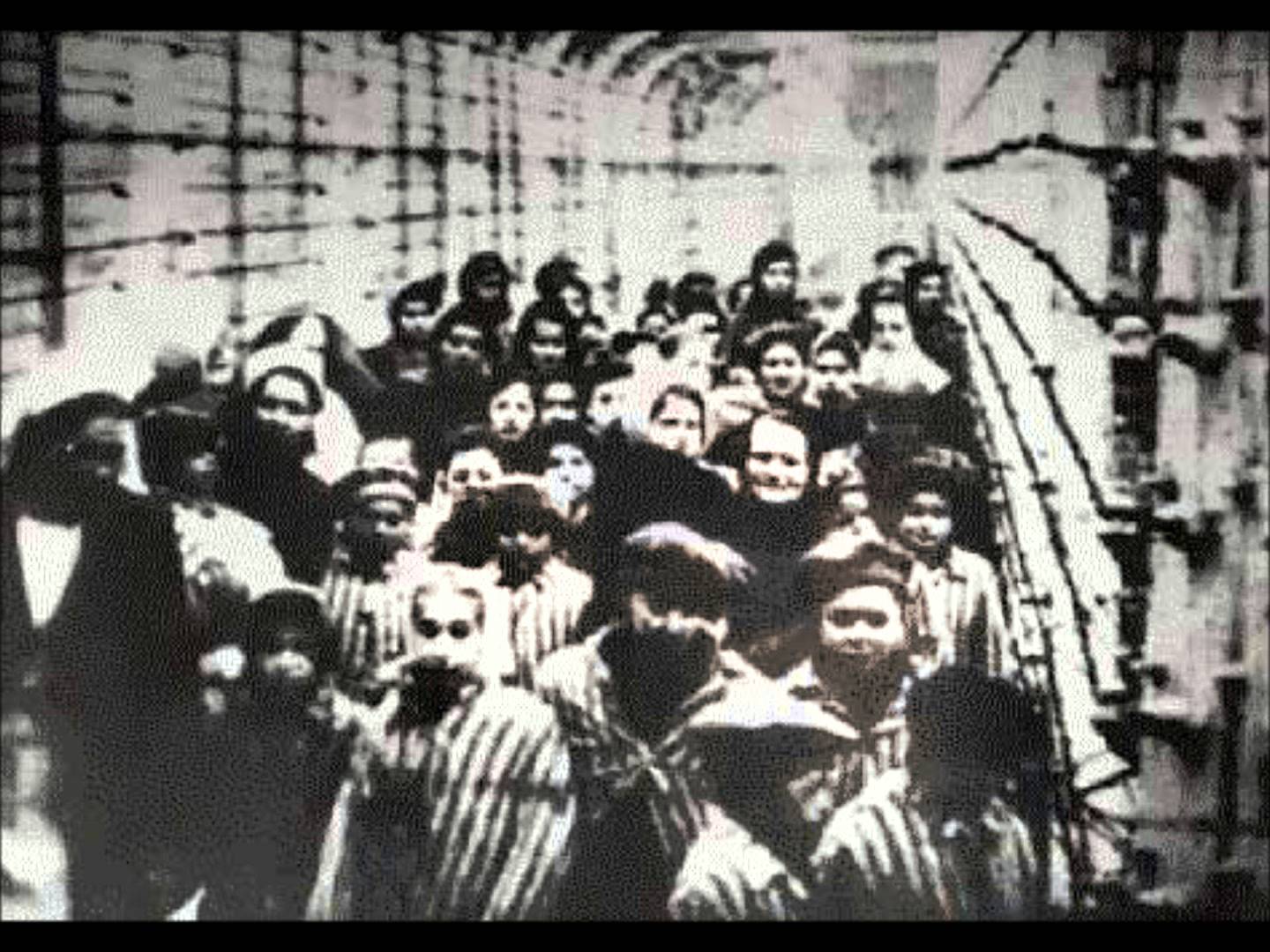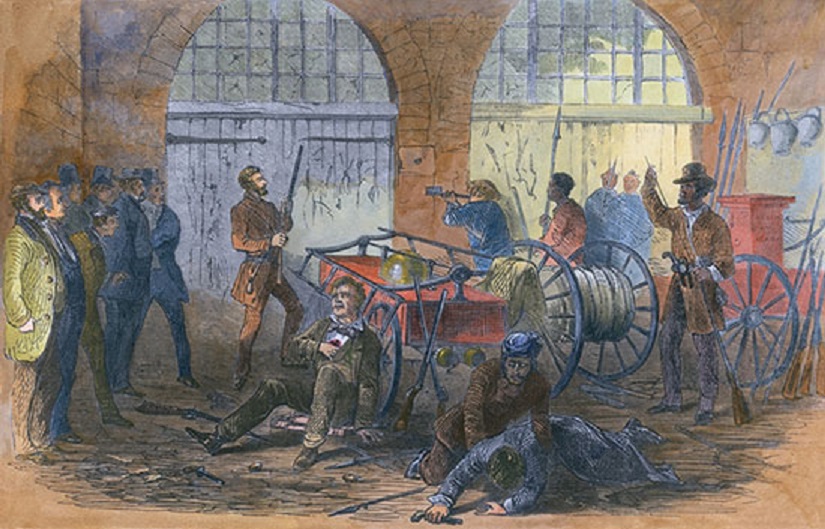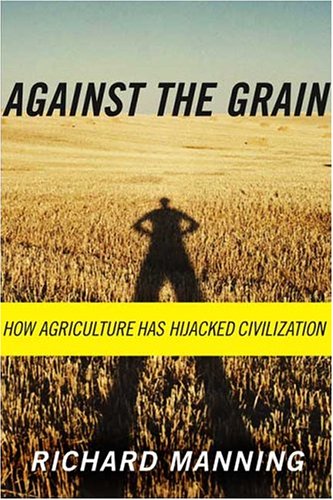
Why Decisive Dismantling and Warfare?
Featured image: The successful Sobibór uprising, 1943. Prisoners at the Nazi Sobibór extermination camp in Poland revolted against the Germans. About 300 of the camp’s 600 prisoners escaped, and about 50 of these survived the war. Editor’s note: The following is from the chapter “ Decisive Ecological Warfare” of the book Deep Green Resistance: A Strategy to Save the Planet . This book is now available for free online. by Aric McBay There is one final argument that resisters in this scenario made for actions against the economy as a whole, rather than engaging in piecemeal or tentative actions: the element of surprise. They recognized that sporadic sabotage would sacrifice the element of surprise and allow their enemy to regroup and develop ways of coping with future actions. They recognized that sometimes those methods of coping would be desirable for the resistance (for example, a shift toward less intensive local supplies of energy) and sometimes they would be undesirable (for example, deployment of rapid repair teams, aerial monitoring by remotely piloted drones, martial law, etc.). Resisters recognized that they could compensate for exposing some of their tactics by carrying out a series of decisive surprise operations within a larger progressive struggle. ...







